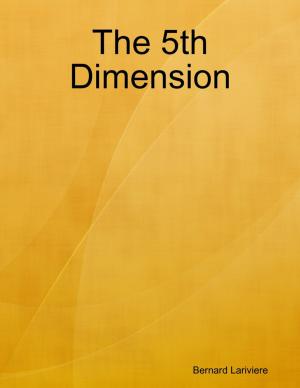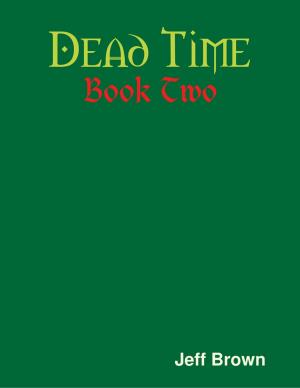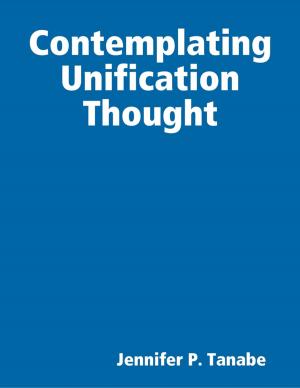| Author: | George F. Held | ISBN: | 9781312154377 |
| Publisher: | Lulu.com | Publication: | July 10, 2014 |
| Imprint: | Lulu.com | Language: | English |
| Author: | George F. Held |
| ISBN: | 9781312154377 |
| Publisher: | Lulu.com |
| Publication: | July 10, 2014 |
| Imprint: | Lulu.com |
| Language: | English |
This essay forms Chapter 5 of my ebook: A Christian Pattern In Shakespeare’s Tragedies: Hamlet, King Lear, Macbeth, and Othello, available at Lulu. It argues that Macbeth and Richard III are less similar than many think. An ambitious person is someone for whom the possession of the ancillary ends of prestige, authority, power and/or fame leads directly to the obtainment of the final end, happiness; for him the possession of these ancillary ends therefore is a means to the final end, happiness, not a means to another ancillary end. Richard and Macbeth are not ambitious in this sense of the term. Both want to be king and act upon this desire. Both are like an ambitious person in that both desire and seek power, but neither qualifies as ambitious because neither is so constituted as to find happiness in the possession of power and each fails to satisfy one other criterion stipulated by the above definition.
This essay forms Chapter 5 of my ebook: A Christian Pattern In Shakespeare’s Tragedies: Hamlet, King Lear, Macbeth, and Othello, available at Lulu. It argues that Macbeth and Richard III are less similar than many think. An ambitious person is someone for whom the possession of the ancillary ends of prestige, authority, power and/or fame leads directly to the obtainment of the final end, happiness; for him the possession of these ancillary ends therefore is a means to the final end, happiness, not a means to another ancillary end. Richard and Macbeth are not ambitious in this sense of the term. Both want to be king and act upon this desire. Both are like an ambitious person in that both desire and seek power, but neither qualifies as ambitious because neither is so constituted as to find happiness in the possession of power and each fails to satisfy one other criterion stipulated by the above definition.















